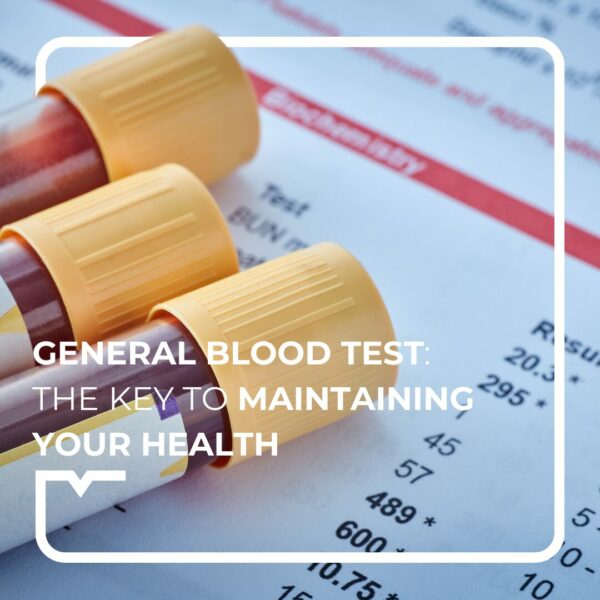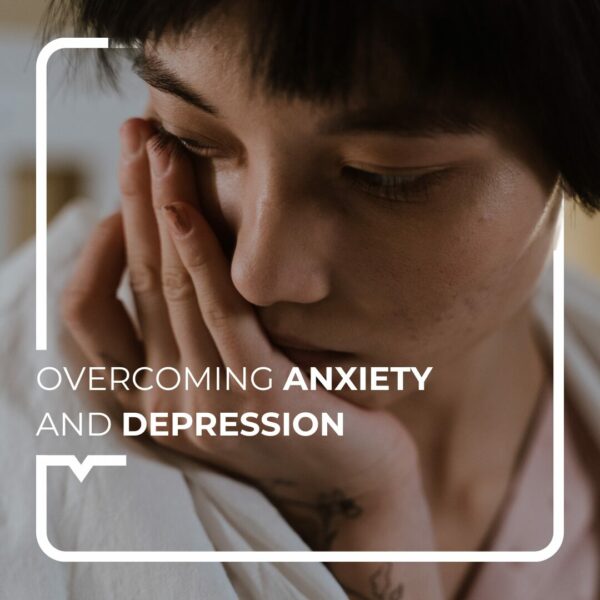What is thyroid?
Thyroid is a small butterfly-shaped gland located at the base of the neck that is responsible for producing certain hormones. It is responsible for our entire metabolism, if its activity slows down, symptoms can affect the whole body: fatigue, coldness, bloating, fertility problems, memory problems, edema, difficulty losing weight, constipation, depression, etc.
Diseases that affect the thyroid
It is estimated that 200 million people worldwide are affected by some form of thyroid disease and that women are affected 5 to 7 times more than men. These diseases include Basedow’s disease, thyroiditis, benign or cancerous nodule, goiter, etc. Hypothyroidism and hyperthyroidism are the most common. They are diagnosed by palpation of the neck and a blood test according to the symptoms.
Causes of disorders
Stress, a low-calorie diet, pollution, contraception, deficiencies, immunity problems, etc. can all cause a thyroid disorder. All of these can cause a thyroid disorder.
How to treat those disorders?
Medicinal treatments can be prescribe to control its activity, in case of doubt, talk to your GP.
Naturopaths and dieticians can also help by suggesting a diet that supports thyroid activity.
Many foods provide essential nutrients for thyroid hormone production and action at the cell receptor level. To name but a few:
Selenium: Brazil nuts, goji berry, calf’s liver. Red meat, mackerel, oysters, mussels, eggs
Zinc: oysters, offal, red meat, egg yolk, raw cocoa, pumpkin seeds, oats, cheese, wholemeal bread
Iodine: shellfish, sea fish, algae, eggs. Shellfish, cod liver oil, dairy products (yogurt, Emmental)
Would you like to check your thyroid indicators? It is possible to have a fasting blood test at the Alegria Medical Centre. The results will then be sent to you by email within 1 to 5 days.
Book a thyroid blood testThis information is not a substitute for medical advice. You must seek the advice of your doctor or another qualified health professional with any questions you may have regarding your health condition.



